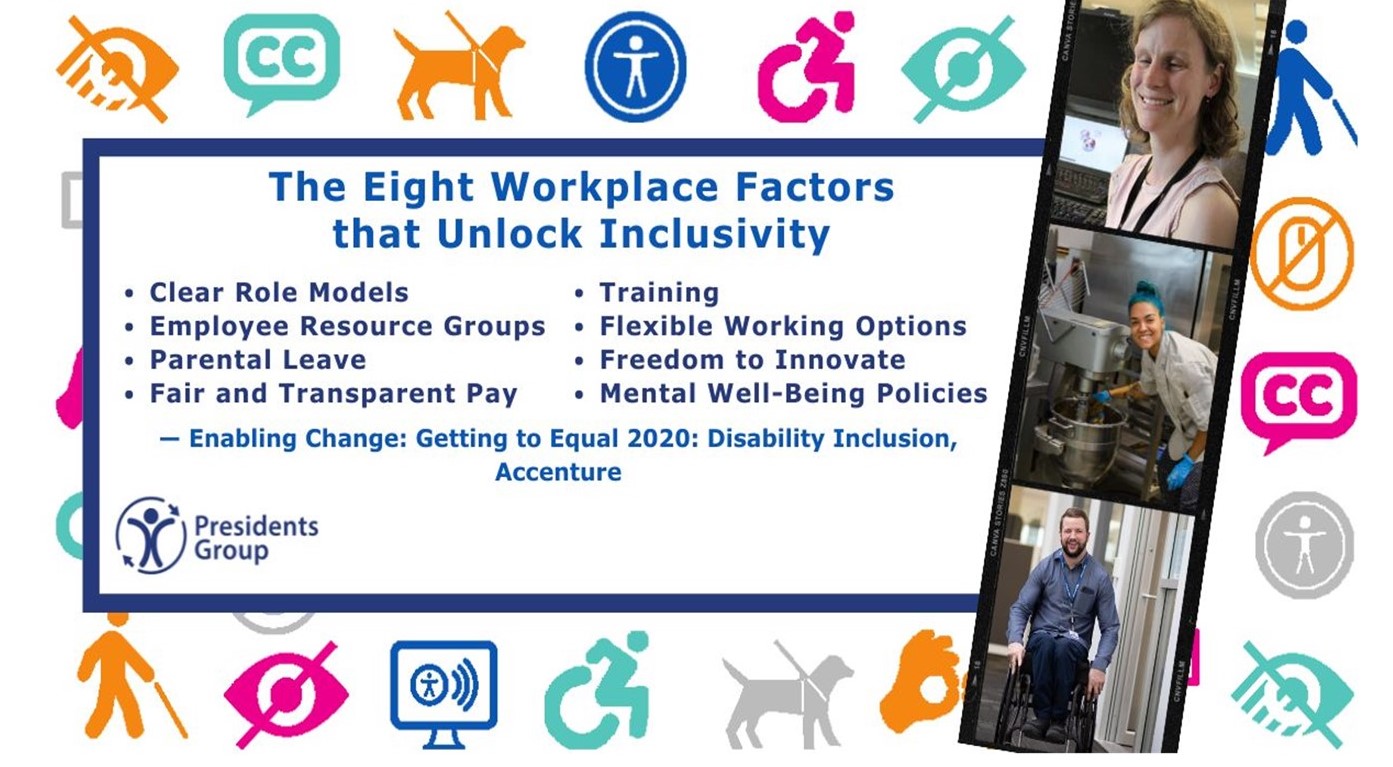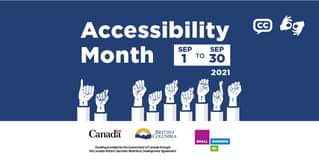Natural Disasters have a way of teaching THIS…
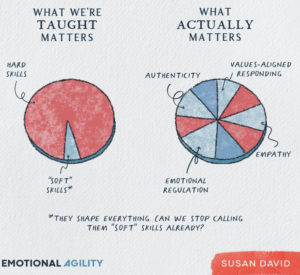
Emotional skills aren’t soft. They are essential.
Our emotions are the essence of what makes us human. They are at the heart of mental health, wellbeing, culture, engagement, innovation, customer experience – everything that matters to healthy organizations.
For too long, learnable, actionable emotional agility capacities like authenticity, empathy, emotional regulation, and values-aligned responding (rather than in-the-moment reacting) have been pushed to the sidelines and considered “soft skills.”
The historical roots of this dismissal of emotions include:
1. Unproductive gendering, whereby emotions have been considered “feminine” as a counter to more “masculine” qualities like logic and strategy (a phenomenon dating to at least the early 1800s)
2. The Industrial Revolution, which sought to mechanize and predict output—criteria which disregarded emotions.
This view of emotions as peripheral and intangible has come at an enormous cost to organizations and their people. It has perpetuated a dehumanized view of people as “resources.” It’s undermined the effectiveness of change strategies which depend on understanding human emotion. It’s resulted in the sheltering of poor leaders because they “deliver results” regardless of their impact on culture and psychological safety. It’s led to a failure to recognize that employee wellbeing, which includes addressing stress and burnout, is integral to overall organizational success.
Emotional capacities fuel engagement, culture, wellbeing, resilience, innovation, change strategies, customer experience, and effective leadership—everything that matters to organizations.
In 2022, prompted by the critical lessons learned from the COVID pandemic and the growing use of automation, organizations will prioritize emotional agility skills within their strategic plans and core competencies. Emotional skills aren’t soft; they are essential, learnable, practical human skills that are at the core of healthy organizations.
Can we stop calling them “soft skills” already?
Read more #BigIdeas2022 here: https://lnkd.in/eVzmDTed







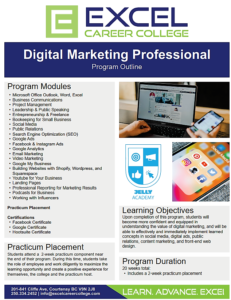
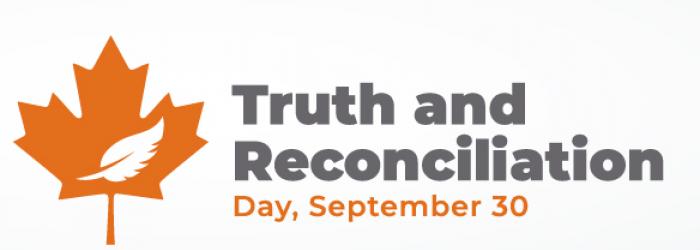

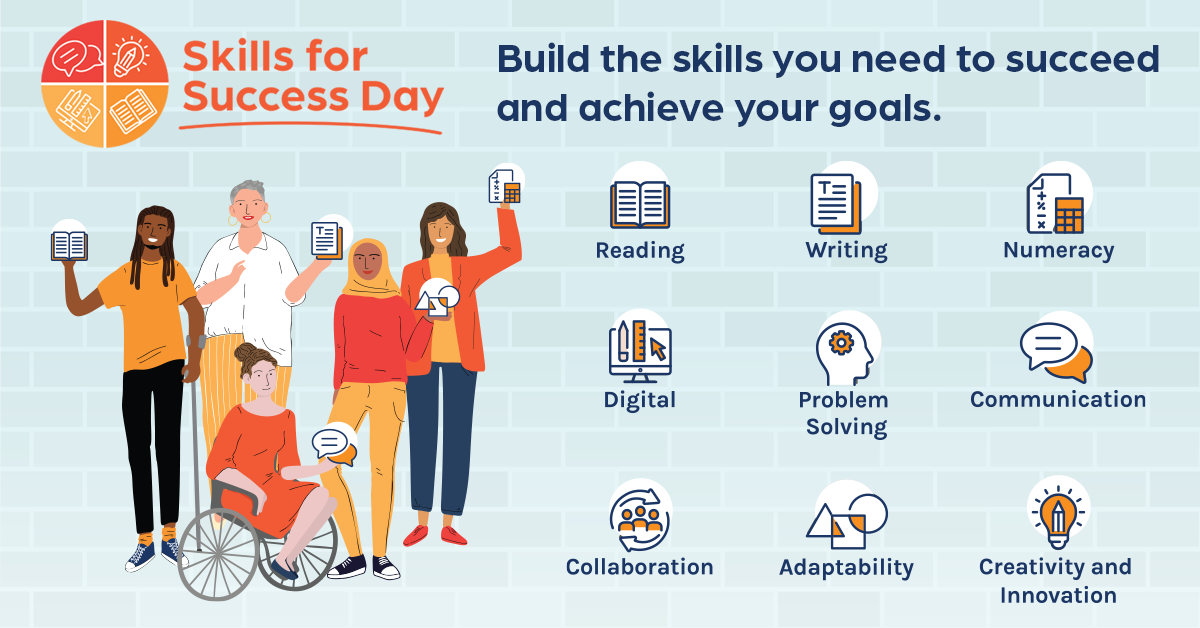
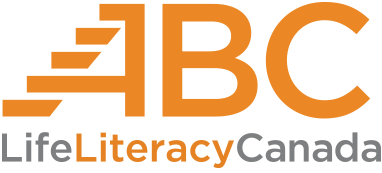
 Oct 16th
Oct 16th